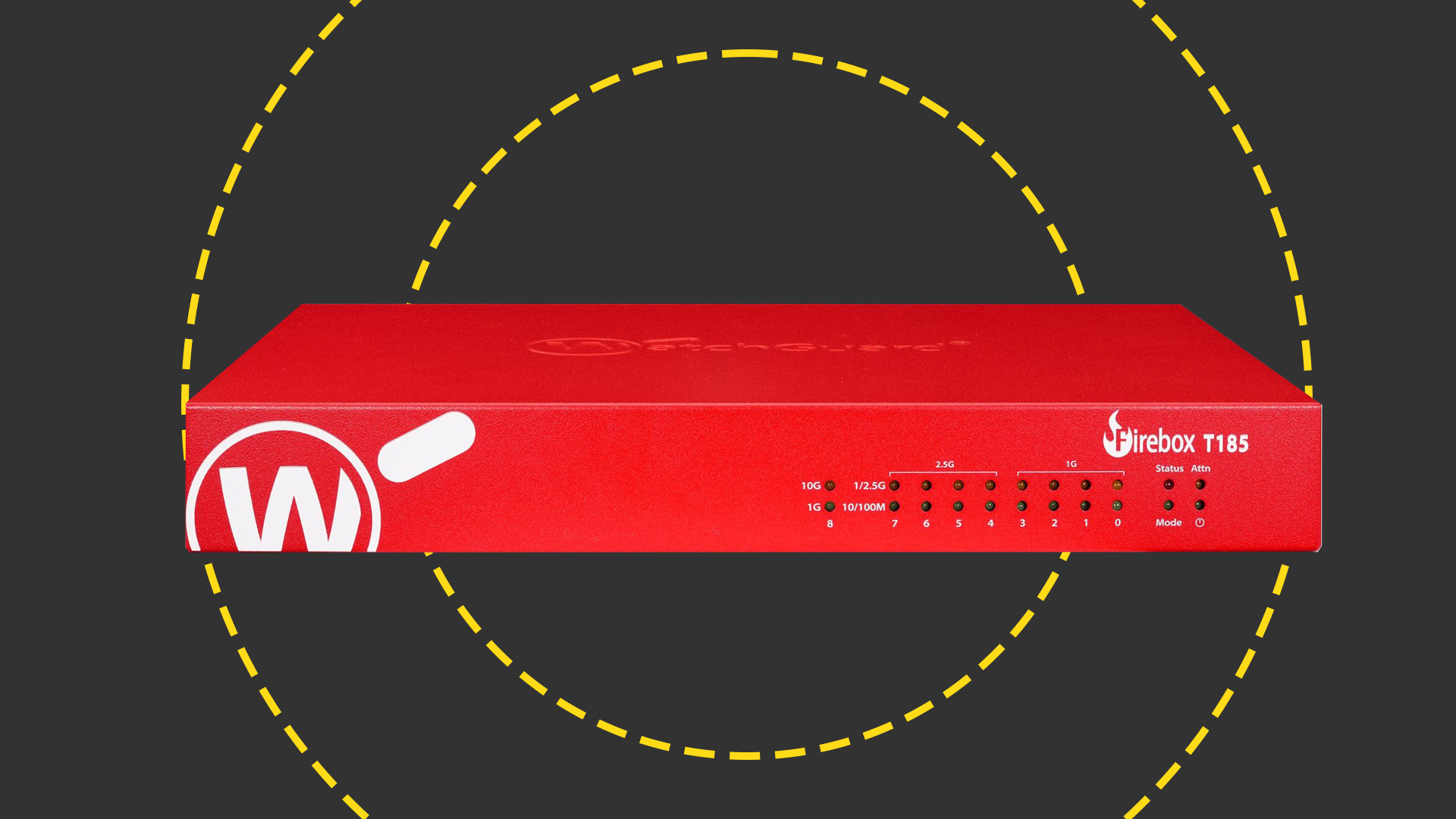Key considerations for financial trading technology teams
In the increasingly competitive financial trading market, access to the right technology platforms and services drives a competitive edge


Can financial trading technology teams successfully go it alone? Firstly, consider this: Does your financial institution have the understanding, resources, talent and bandwidth to execute an effective market access strategy in-house?
If not, it needs to, as behind every transaction is a labyrinth of algorithms and networking infrastructure that converge in one location - the data center.
Trading success requires accessing extremely powerful servers, with the best data lines and connections close to where the trade physically takes place. Processing close to the source of the input data provides the lowest possible latency between input and response - and speed matters.
Microseconds can mean the loss or gain of millions. Ultra-low latency trading is vital for algorithmic trading, and trade execution speed is critical to ensure the best execution. The best low latency trading strategies depend on powerful servers housed close to exchange matching engines, be these in Europe, the Americas, or Asia.
For most firms, the answer is partnering with a company that delivers market data feeds across the entire trading infrastructure stack. TNS, for example, offers a vendor-neutral approach to market data application management, alongside end-to-end hosting, market data and consulting services specifically for the financial markets industry.
How can financial traders’ best access and utilize technology?
Successful financial trading firms leverage advanced data analytics to inform trading decisions through price formation, trading signals and liquidity insights.
This is achieved by leveraging the latest technology developments to gain a performance edge in their execution strategies.
Stay up to date with the latest Channel industry news and analysis with our twice-weekly newsletter
Algorithmic trading provides enhanced insight and complex quantitative trading strategies that improve trading efficiency and enhance execution capabilities by reducing market impact.
What about Cloud?
Another key consideration for financial traders is cloud computing adoption, still relatively new in some sectors of financial trading. Traditional financial trading firms, from exchanges and data vendors, to brokers, hedge funds, and even proprietary trading firms, are now embracing cloud computing.
RELATED WHITEPAPER

In contrast, cloud is the go-to for fintech startups, driving innovation in financial markets. The cost benefits of the cloud for trading and execution are clear. It significantly reduces upfront costs of setting up infrastructure.
The lower costs of scalable ‘pay-as-you-go’ models allow smaller organizations to leverage robust security and infrastructural elements, established by powerful hosting providers, while themselves remaining agile.
The approach of ‘processing power-as-a-service’, is easily scalable to meet the needs of different sized companies, eliminating costly investments to scale up. Another benefit of cloud computing is that it can be accessed by the user from anywhere. That said, firms need a clear strategy for cloud implementation.

Public cloud can be cost effective to put data in and keep it there, however, taking data out is expensive. Public cloud environments are great for big data analysis and help financial firms store, move, and manage large amounts of data.
It is also good for transferring large volumes of data between regions, like London and New York, and can support adherence to different regulatory requirements, for example, by enabling real-time monitoring of trading activity.
The nature of cloud-delivered services enables ‘dial-up’ resources on demand, ensuring operational resilience, but are products available specifically aligned to the demands of trading?
Such solutions need to be built from the ground up and focus on the performance and latency required for financial trading.
Should traders work with a specialist partner?
Traders need reliable connectivity and market data feeds to drive their trading. They need to work with specialist companies that build shared networks and colocation footprints, offering access to market data and trading connectivity on demand.
By using these shared infrastructure services, traders get the benefits of expertise and technology, at a fraction of the cost of doing it for themselves.

Financial trading tech teams need to consider working with experts, as when the technology evolves, they will understand the best options for continued success.
These are just some of the considerations you need to make when outsourcing to a managed service provider, such as TNS. Cost savings and economies of scale will be front of mind for many firms in 2024 and can often be difficult to achieve when going it alone.

Jeff Mezger is Vice President of Product Management at TNS with responsibility for its managed services for the financial industry. He oversees product development and strategy for market data, online and data center services.
-
 Why digital resilience now belongs in the channel boardroom
Why digital resilience now belongs in the channel boardroomIndustry Insights Digital technologies are placing increased responsibility on channel boardrooms
-
 WatchGuard Firebox T185 review
WatchGuard Firebox T185 reviewReviews The Firebox T185 offers a superb range of security measures, smart cloud management, and good performance at a competitive price point
-
 Why digital resilience now belongs in the channel boardroom
Why digital resilience now belongs in the channel boardroomIndustry Insights Digital technologies are placing increased responsibility on channel boardrooms
-
 Beyond the handshake: Building a purpose-built partner economy that solves customer problems
Beyond the handshake: Building a purpose-built partner economy that solves customer problemsIndustry Insights Quality over quantity will set partners up for sustained success…
-
 Why trust not tech will decide the channel’s future
Why trust not tech will decide the channel’s futureIndustry Insights When technology looks the same, the real differentiation comes from honesty and long-term relationships
-
 How the partnership model can transform the channel
How the partnership model can transform the channelIndustry Insights Collaboration and a shared understanding and commitment to solving problems is key...
-
 What the fragmentation of UC means for the channel
What the fragmentation of UC means for the channelIndustry Insights If communications are becoming fragmented, what does that mean for MSPs and VARs?
-
 How the UK public sector could benefit from strategic channel partnerships
How the UK public sector could benefit from strategic channel partnershipsIndustry Insights Is the channel the answer to the growing cost vs budget problem facing the public sector?
-
 Why MSSPs must train smarter
Why MSSPs must train smarterIndustry Insights Upskilling is key for MSSPs to move from reactive monitoring to measurable risk reduction
-
 Platform consolidation is the solution for MSPs’ growing pains
Platform consolidation is the solution for MSPs’ growing painsIndustry Insights As 2025 draws to a close, there's never been a better time for MSPs to rethink their tech structure